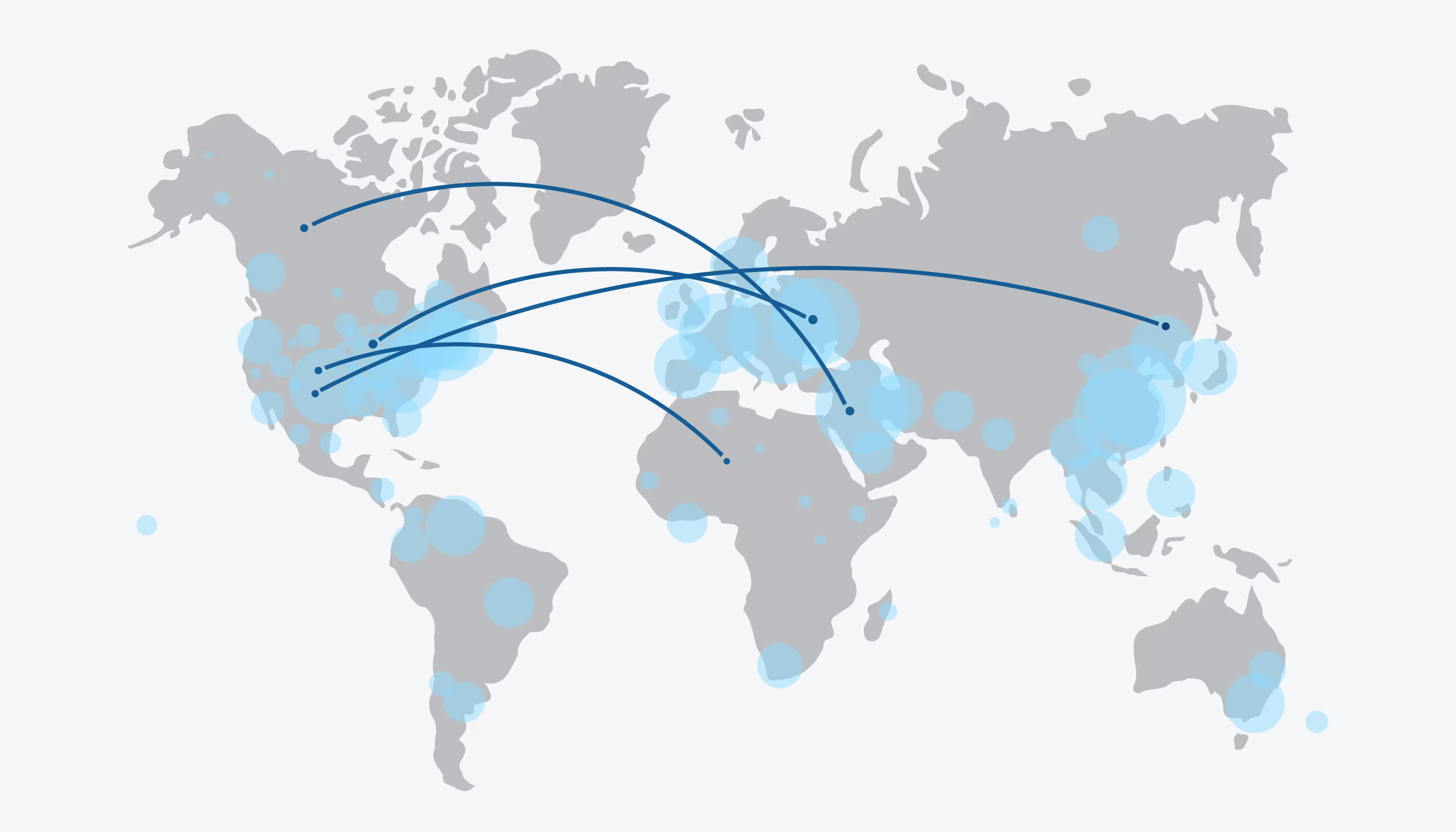How to Protect Your Organization From the Log4j Vulnerability
For clients of the SecurityMetrics Threat Intelligence Center, we are actively scanning and informing clients of outbound Log4j indicators of compromise.

For clients of the SecurityMetrics Threat Intelligence Center, we are actively scanning and informing clients of outbound Log4j indicators of compromise.

Apache Log4j Zero-Day vulnerability (CVE-2021-44228) is also referred to as the Log4Shell vulnerability. The first attacks exploiting this zero-day globally were observed on December 1st and 2nd. A Proof-of-Concept Code (PoC Code)–a demonstration of the feasibility of the vulnerability–was publicly released on December 9th, followed by official announcements on how to patch this zero-day on Friday December 10th.
Many devices and applications are impacted by this zero-day. It is literally everywhere and can be tough to find if you do not know where to look. What makes this more challenging is the average person cannot see this vulnerability until it is too late. GitHub has collected a very nice repository of all known vendors impacted by Log4j. Their list is an excellent starting point if you know the software or devices in your environment.
You can find this list here: https://github.com/NCSC-NL/log4shell/tree/main/software
SecurityMetrics has evaluated all of our systems for the presence of Log4j. We found a few systems using this logging library and they are all patched. An impact analysis was performed on all of these systems and none of these systems caused a data breach.
For clients of the SecurityMetrics Threat Intelligence Center, we are actively scanning and informing clients of outbound Log4j indicators of compromise. As you can imagine, this is a huge undertaking with so many vulnerable devices and applications spread across a huge landscape.
It is recommended that all SecurityMetrics clients take a very active approach to mitigating Log4j vulnerabilities in their environment by:
If you cannot update, then consider setting the log4j2.formatMsgNoLookups option to true in the Log4j config as this will help prevent exploitation.
https://www.cisa.gov/uscert/apache-log4j-vulnerability-guidance